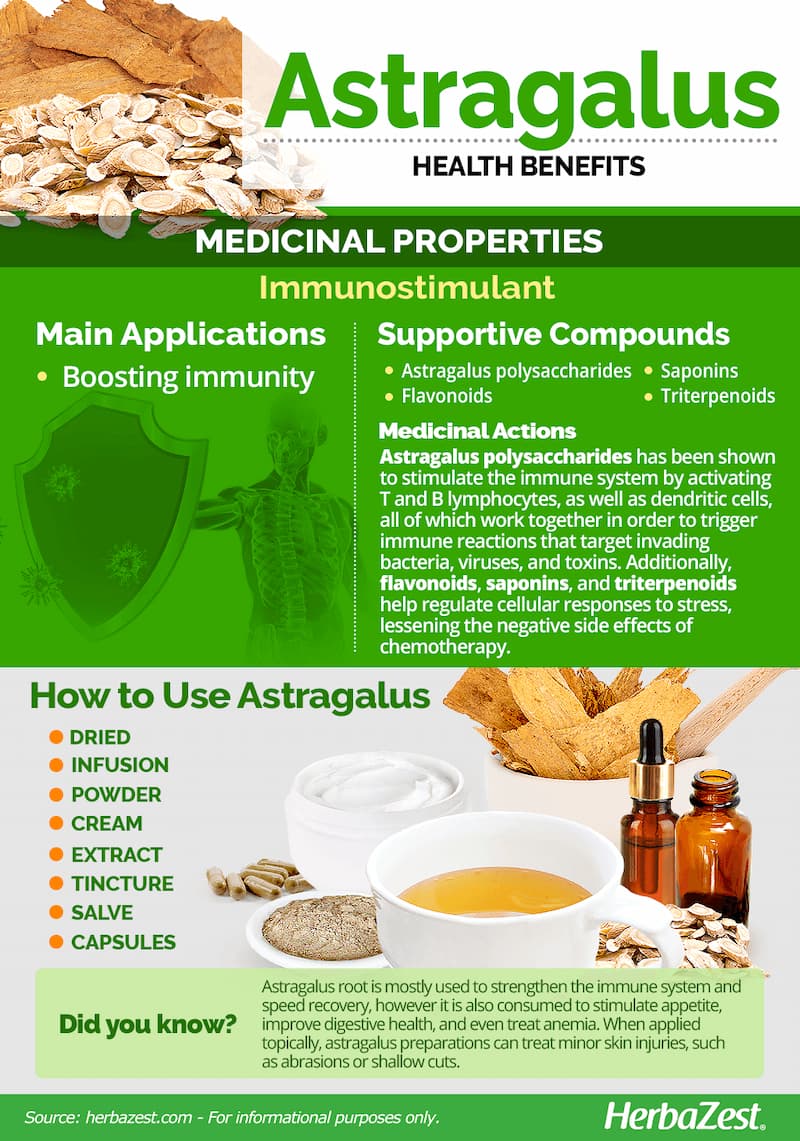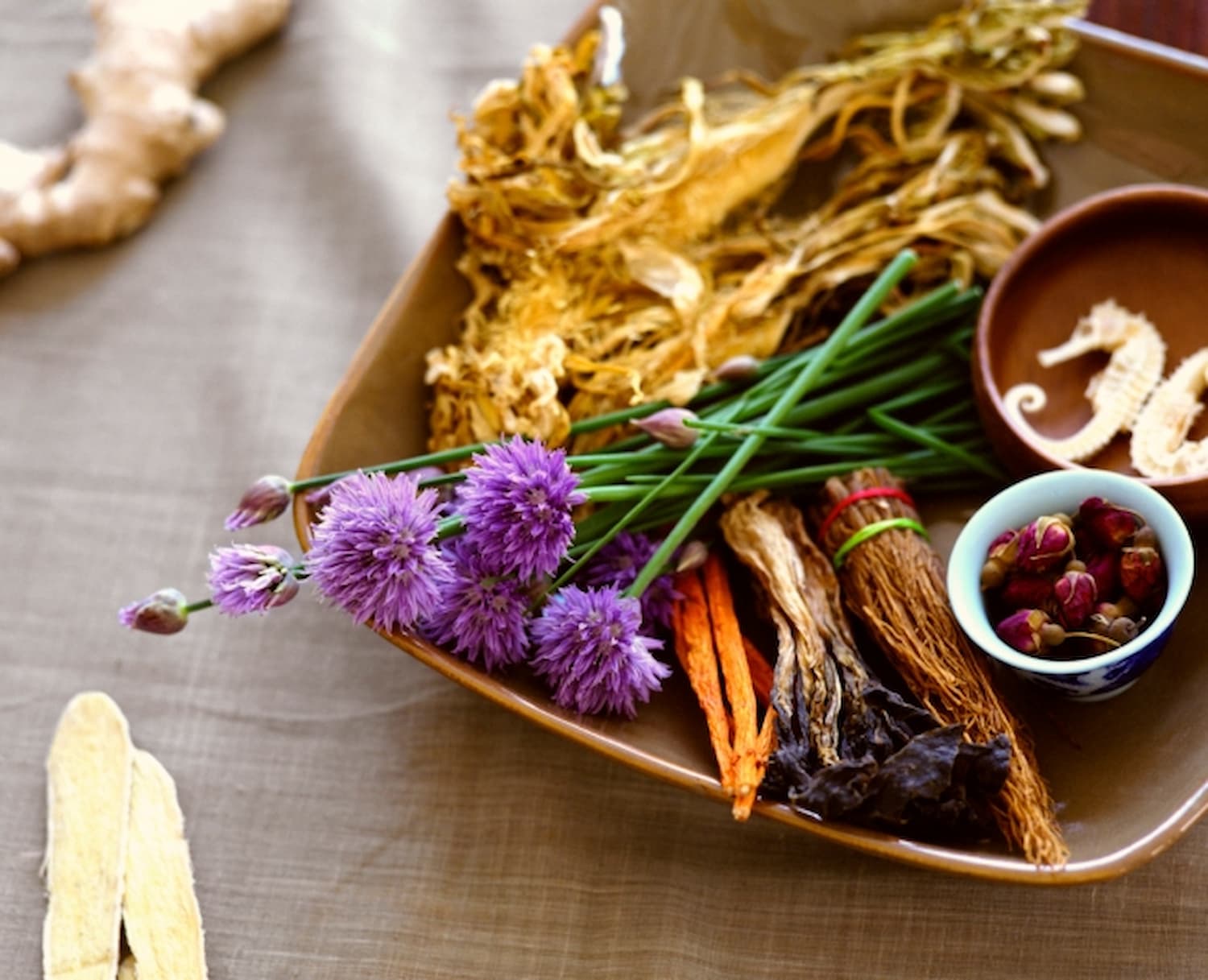Anaemia is a common condition caused by a lack of red blood cells, which contain haemoglobin and carry oxygen to the body's organs and tissues, allowing them to function as they should. Because of low iron levels, anaemia can cause fatigue, shortness of breath, a pale complexion, chest pain, and a loss of appetite. Other symptoms of anaemia include angina, dizziness and palpitations.
Regardless of the type of anaemia, Traditional Chinese Medicine (TCM) is a type of complementary treatment that can assist patients in increasing their levels of iron and improving their overall health.
Causes of Anaemia
Iron deficiency anaemia is the most common type of anaemia caused by an iron-deficient diet. Although poorly absorbed iron in the body is its main cause, there are other factors that may increase the risk of anaemia, such as:
- Diseases of the gastrointestinal tract
- Blood loss due to heavy menstrual flow, surgery or injury
- Pregnancy
- Premature birth
- Folic acid deficiency
- Autoimmune disorders
- Bone marrow disorders
- Chronic diseases
- Medications
- Dietary deficiency, such as low intake of vitamin B12 and folic acid
- Malabsorption issues
- Hormone issues
- Rapid growth periods, such as puberty and pregnancy
- Infection
- Genetic conditions
What is Traditional Chinese Medicine (TCM)?
Traditional Chinese Medicine is a broad term used to describe a number of ancient Chinese healing practices, including massage, acupuncture and Chinese herbal medicine. TCM takes a holistic approach to healing that attributes good health to the efficient flow of "qi" (life force energy) along certain meridians (energy pathways) in the body. It sees ill health and disease as a result of blood stasis, which refers to a blockage in the flow of blood or chi in the body, which causes pain and all kinds of diseases.
By unblocking chi in the body via its many different modalities, TCM can improve iron absorption rate and resolve all kinds of confounding factors that cause anaemia.
How Does TCM Differ From Western Medicine?
In hematology and oncology, both Western medicine and Eastern therapies, such as TCM, have long been used, and the results have been astonishing in terms of patient outcomes. However, both have their own treatment protocols.
While Western medicine typically focuses on addressing the symptoms of anaemia with ferrous sulfate treatment, blood transfusion therapy, immunosuppressive therapy or bone marrow transplantation, depending on the findings of a doctor after conducting a physical examination and a series of blood tests, common TCM treatments for anaemia focus on restoring balance within the body.
Chinese herbs, such as Astragali radix, Dang gui and Angelicae radix, are often used in the treatment of iron deficiency anaemia and other causes of the condition. They help to improve overall health by increasing energy levels and the body's iron absorption rate. Acupuncture is another common TCM treatment for anaemia, as it can help to improve circulation and increase the absorption of nutrients.
How Does TCM Treat Anaemia?
TCM sees symptoms of anaemia as indicative of blood that has become too thick, too poor in quality, or produced in too little amount (no matter what type of anaemia is present). This is seen to be due to an insufficient flow of "qi" energy and can be resolved by stimulating individual organs to produce better quality blood, hence an improved flow of qi.
Acupuncture for Anaemia
Acupuncture employs the use of thin needles on the skin to restore the flow of qi and consequent health to the body. When treating anaemia, a TCM practitioner will stimulate acupoints that increase the flow of qi to the stomach, liver, and blood-producing spleen.
Chinese Herbs for Anaemia
Chinese herbalists may use singular or a combination of herbs to treat symptoms of anaemia. These herbs aim to improve blood supply and the movement of qi throughout the body. Some of these include:
- White Atractylodes rhizome-, which provides the body with qi and improves the quality of the Spleen.
- Angelica, which invigorates and harmonises the blood, tonifies (strengthens) the blood, and dispels cold.
- Dang shen - for nourishing the blood and body energy.
- Licorice root, which tonifies stomach and spleen qi.
- Astragalus propinquus, which tonifies blood and spleen qi.
- Deer antler, which strengthens yang energy whilst tonifying the blood and qi.
- Rehmannia, which nourishes yin energy and stimulates fluid production.
- White peony rhizome, which nourishes the blood and astringes yin energy.
- Notoginseng radix is a common TCM treatment for anaemia. Based on its bioactive marker, this warming herb stimulates blood flow and circulation. It also helps to detoxify the body and improve digestion.
- Astragalus membranaceus is one of the most common Chinese herbs used to treat anaemia. Previous research has shown that it can help patients with aplastic anaemia increase their red blood cell count and improve their overall health. Radix astragali can be taken in pill form or as a tea.

Source: HerbaZest
If you're taking prescription medications, it would be best to wait for a 2-hour interval after taking your Chinese herbs before taking them. This allows the herbs' potency to take effect rather than being negated by the chemicals in the drugs.
Chinese Massage (Tui Na) for Anaemia
Chinese massage works on a similar principle as that of acupuncture as it stimulates certain points on the body to increase the flow of qi around them. Anaemia is often treated by Chinese masseuses who focus on hand and foot massage to stimulate the production of blood in the spleen and the overall flow of qi energy around the body. Tui na breaks up stagnation in the body, which is often a contributing factor in anaemia. Massage therapy can also be helpful in relieving tension and stress, which are common symptoms of anaemia.
Dietary Therapy for Anaemia
While conventional therapy for anaemia includes iron supplements as well as a well-balanced diet to support ferritin protein formations, a protein cell structure where iron is stored for use in the formation of red blood cells, Chinese dietary therapy includes a variety of foods to balance the flow of qi and address the root of anaemia. Fresh fruits and vegetables, whole grains, nuts and seeds, and organic meat and poultry are essential in dietary therapy for the prevention and treatment of anaemia, as is drinking plenty of fluids.
If you are interested in finding out more about how TCM practices may assist with anaemia, please speak to a professional TCM practitioner for more information. You can also contact other health practitioners on Natural Therapy Pages to learn about other effective natural treatments for anaemia.
Originally published on Oct 07, 2010









